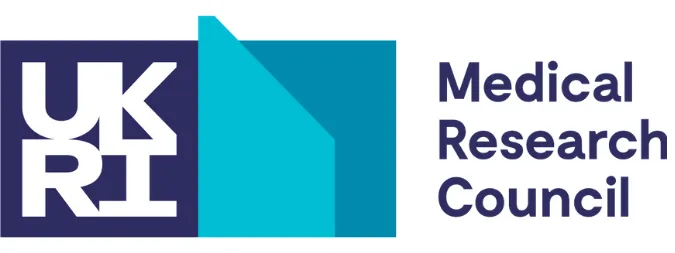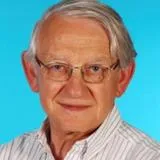The Lehner Lab introduced Immunology nationally and globally to investigate the mechanism and prevention of dental and oral diseases. Initially they studied dental caries and periodontal disease, preventing Streptococcus mutans and Porphyromonas gingivalis colonisation, leading to clinical trials. Now they investigate stress agents in HIV therapeutic and preventative vaccination and clinical trials.

Our Partners
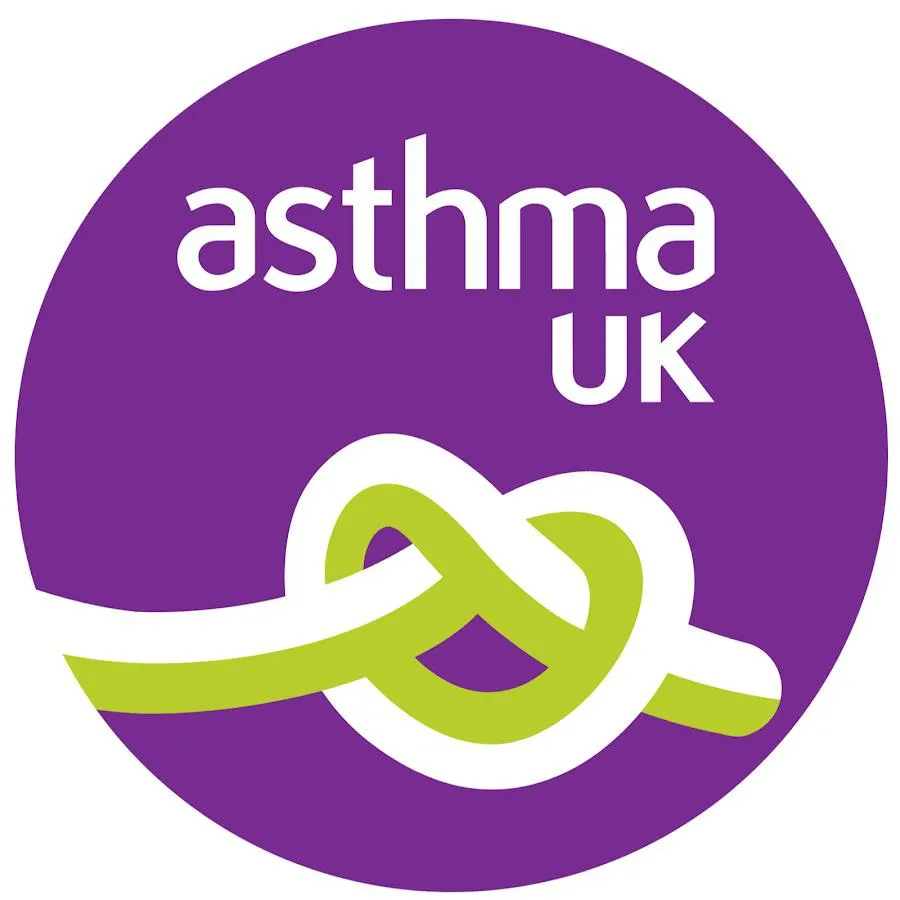
Asthma UK
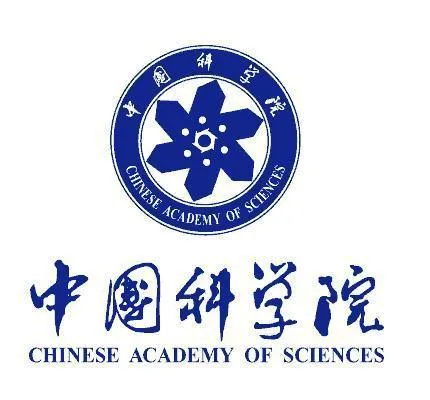
Chinese Academy of Sciences
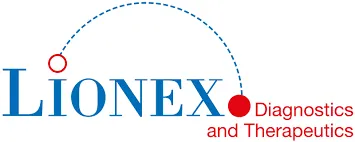
Lionex Diagnostics and Therapeutics
Biomedical Primate Research Centre
Group lead
Contact us
Professor Thomas Lehner
Centre for Host-Microbiome Interactions
Floor 17, Tower Wing
Guy's Hospital

